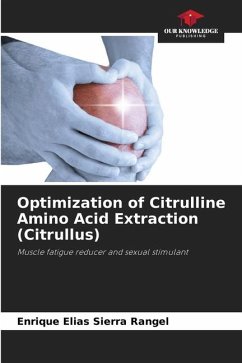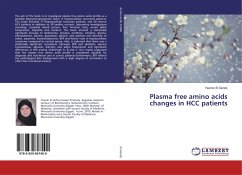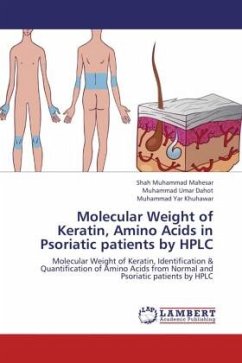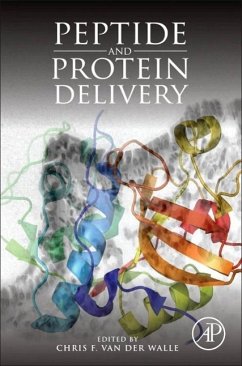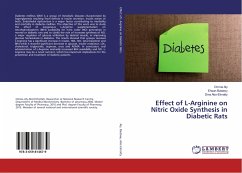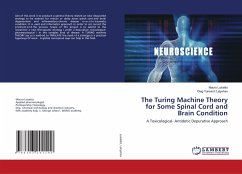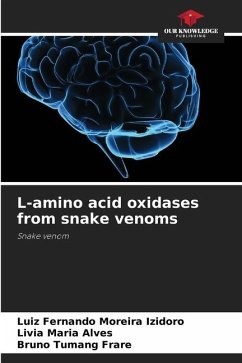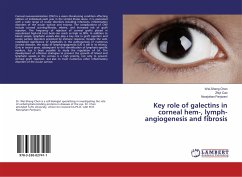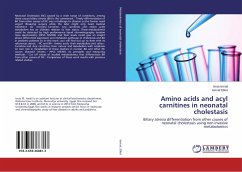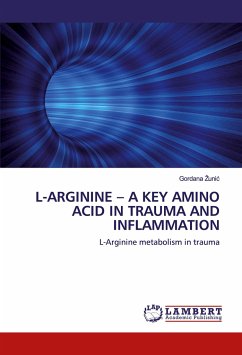
L-ARGININE - A KEY AMINO ACID IN TRAUMA AND INFLAMMATION
L-Arginine metabolism in trauma
Versandkostenfrei!
Versandfertig in 6-10 Tagen
25,99 €
inkl. MwSt.

PAYBACK Punkte
13 °P sammeln!
The book is focused on experimental and clinical studies indicating importance of L-arginine both in local and systemic response to the injury. Thus, increased nitric oxide formation followed by increased arginase activity induced relative lack of arginine at the wound site during healing, while nitric oxide overproduction promptly depleted arterial L-arginine early after blast injury. Muscle ischemic injuries decreased arginine level in uninjured muscles as general response to the severe local injury. An early abrupt decrease in plasma arginine and simultaneous reduction in glomerular filtrat...
The book is focused on experimental and clinical studies indicating importance of L-arginine both in local and systemic response to the injury. Thus, increased nitric oxide formation followed by increased arginase activity induced relative lack of arginine at the wound site during healing, while nitric oxide overproduction promptly depleted arterial L-arginine early after blast injury. Muscle ischemic injuries decreased arginine level in uninjured muscles as general response to the severe local injury. An early abrupt decrease in plasma arginine and simultaneous reduction in glomerular filtration rate in living kidney donors were observed after unilateral nephrectomy, while renal transplantation promptly restored excretory function but disturbed L-arginine metabolism persisted in patients during the early period after surgery. Moreover, impaired balance between arginine utilization and release/ resynthesis from endogenous sources disturbed whole body nutritional status, particularly after severe injuries. Our findings as well as the data reported by others confirmed key roles of L-arginine in trauma and inflammation. Beneficial effects of its supplementations support this opinion.



